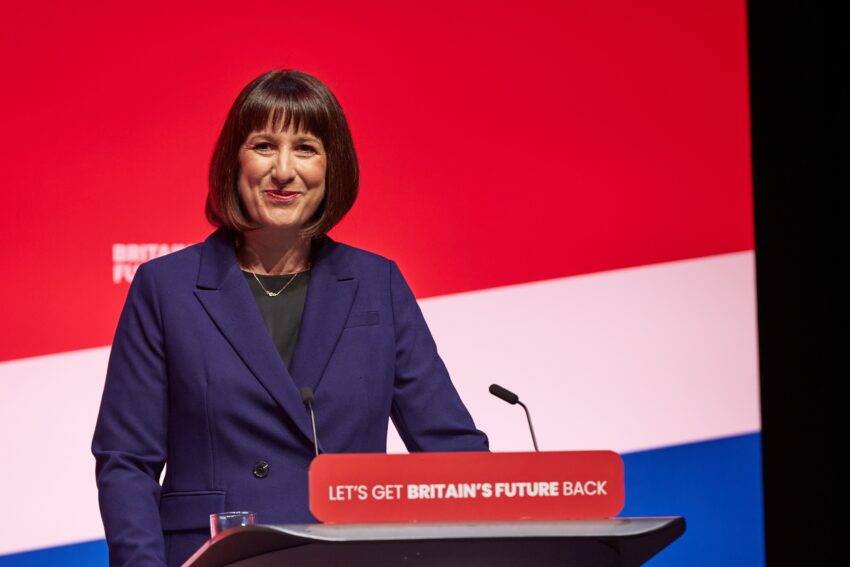As Rachel Reeves prepares to deliver her first budget on October 30, several key predictions have emerged regarding how she might tackle the £22 billion deficit left by the Conservatives.
Reeves has confirmed there will be no return to austerity measures and has committed to real-term growth in public spending, which will likely be financed through tax hikes and selective borrowing. Below is a detailed list of possible budget announcements:
Income tax adjustments
Although Reeves cannot increase the primary income tax rates of 20%, 40%, and 45%, he has the ability to modify thresholds, potentially bringing more income earners into higher tax brackets. The Institute for Fiscal Studies (IFS) calculates that a 10% reduction in the personal allowance or basic-rate limit could generate an annual income of £10 billion and £6 billion respectively.
Pension tax relief reform
Restricting pension tax relief to the basic income tax rate could potentially generate £15 billion annually. Furthermore, requiring employers to contribute to National Insurance on pension contributions could yield £12 billion in five years. These reforms would primarily affect those who benefit from a 40% or 45% relief, but only pay 20% tax when they withdraw their pensions.
Capital gains tax (CGT) increases
Raising CGT rates or broadening the base of taxable assets could increase revenues. Aligning CGT more closely with income tax could blunt investment, but introducing inflation indexation may soften the impact.
Inheritance tax (IHT) changes
Reeves may reform IHT by capping exemptions on pension wealth, business assets, and agricultural land, potentially raising £2 billion annually. Abolishing relief on Alternative Investment Market shares, which are currently IHT-free, could yield another £1.1 billion.
Fuel duty increases
Reeves could potentially end the tradition of fuel duty being frozen since 2011, a move that could raise around £6 billion annually. This would also support environmental objectives by promoting a transition to electric vehicles.
Stamp duty reform
For a long time, economists have labelled stamp duty as inefficient. While scrapping it would result in a £13 billion expense, Reeves might choose to implement reforms instead of completely eliminating it, in an effort to enhance the efficiency of the property market.
Private equity profits tax
If carried interest was taxed at income tax rates instead of the existing 28% Capital Gains Tax (CGT) rate, it could potentially generate £2 billion. Nevertheless, possible behavioural shifts in the private equity sector might lessen the overall effect.
Windfall tax on banks
Reeves has the capacity to introduce a unique tax directed at banks, aiming at the broadened net interest margins that have enabled them to reap the benefits of increasing interest rates without fully sharing the profits with savers.
New or revised fiscal rules
Reeves might adjust financial regulations to create extra fiscal space. These modifications could lessen the effect of the Bank of England’s bond sales, possibly liberating £15 billion for investment purposes.
Reeves is confronted with the task of maintaining fiscal responsibility and promoting growth through these possible measures, while evading actions that could hinder investment or consumer spending.
Budget 2024 predictions: potential announcements from Rachel Reeves (bmmagazine.co.uk)










